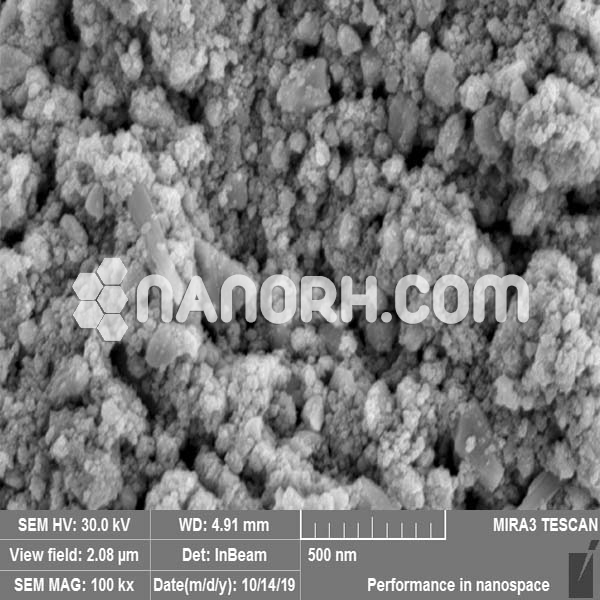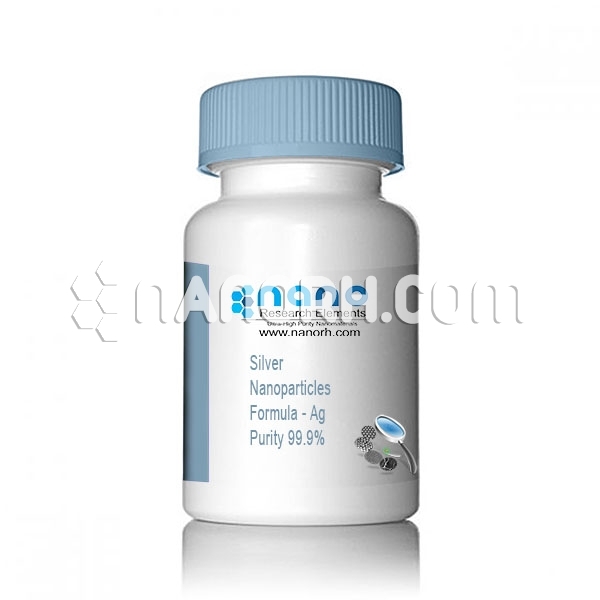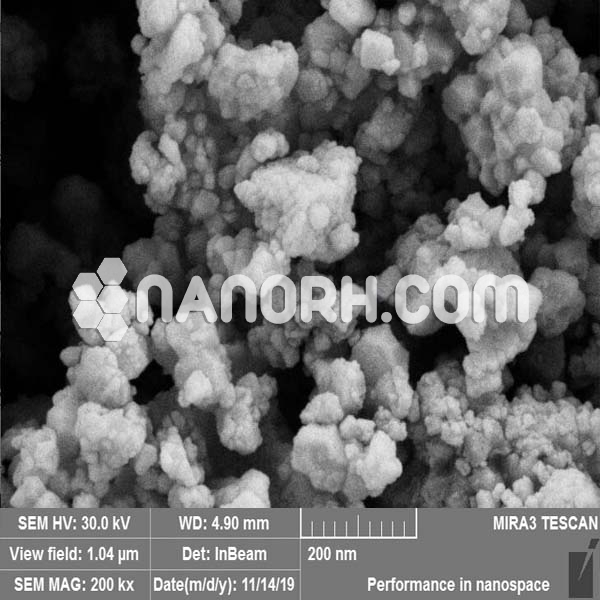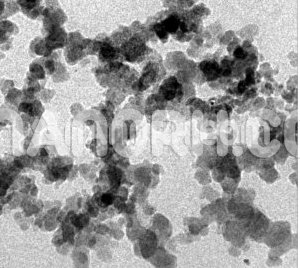| Rhenium Nanoparticles | |
| Product No | NRE-1032 |
| CAS No. | 7440-15-5 |
| Formula | Re |
| APS | <100nm (Can be Customized) |
| Purity | 99.9% |
| Color | silvery-grayish |
| Molecular Weight | 186.207 g/mol |
| Density | 21.02 g/cm3 |
| Melting Point | 3186 °C |
| Boiling Point | 5630 °C |
Rhenium Nanoparticles
Rhenium nanoparticles have several potential applications across various fields due to their unique properties. Rhenium is a rare and expensive metal, but its nanoparticles offer advantages in terms of catalytic activity, stability, and other characteristics. Here are some of the potential applications of rhenium nanoparticles:
Catalysis: Rhenium nanoparticles are known for their excellent catalytic properties. They can be used in various catalytic reactions, including hydrogenation, dehydrogenation, and isomerization reactions. Their high surface area and catalytic activity make them valuable in industrial processes such as refining and petrochemical production.
Electronics: Rhenium nanoparticles can be used in electronic applications, particularly in the production of advanced microelectronics and semiconductors. Their unique electronic properties can enhance the performance of transistors and other electronic components.
Cancer Treatment: Rhenium-188, a radioactive isotope of rhenium, is used in targeted radiation therapy for cancer treatment. When rhenium nanoparticles are functionalized with tumor-targeting ligands, they can be used for site-specific delivery of radiation to cancer cells, minimizing damage to healthy tissue.
Catalytic Reforming: Rhenium catalysts, including nanoparticles, are used in catalytic reforming processes in the petroleum industry to improve the octane rating of gasoline and increase the yield of valuable products.
Aerospace: Rhenium nanopowder can be used in aerospace applications due to its high melting point and resistance to oxidation at high temperatures. They are used in the manufacture of aircraft and rocket engines, where they help improve engine performance and durability.
Fuel Cells: Rhenium nanopowder has shown promise in fuel cell applications. They can be used as catalysts in fuel cells, helping to facilitate the electrochemical reactions that generate electricity from hydrogen and oxygen.
Chemical Sensing: Rhenium nanopowder can be employed as sensing elements in various chemical sensors. Their catalytic activity and surface properties can be tailored to detect specific molecules or gases, making them useful for environmental monitoring and industrial safety applications.
Metallurgy: Rhenium nanopowder is used in the production of superalloys, which are essential materials for the aerospace and power generation industries. Superalloys containing rhenium can withstand high temperatures and mechanical stress.
Nanomedicine: Rhenium nanopowder can be used in nanomedicine for drug delivery and imaging applications. Their small size and unique surface properties make them suitable for carrying and delivering drugs to specific targets within the body.




